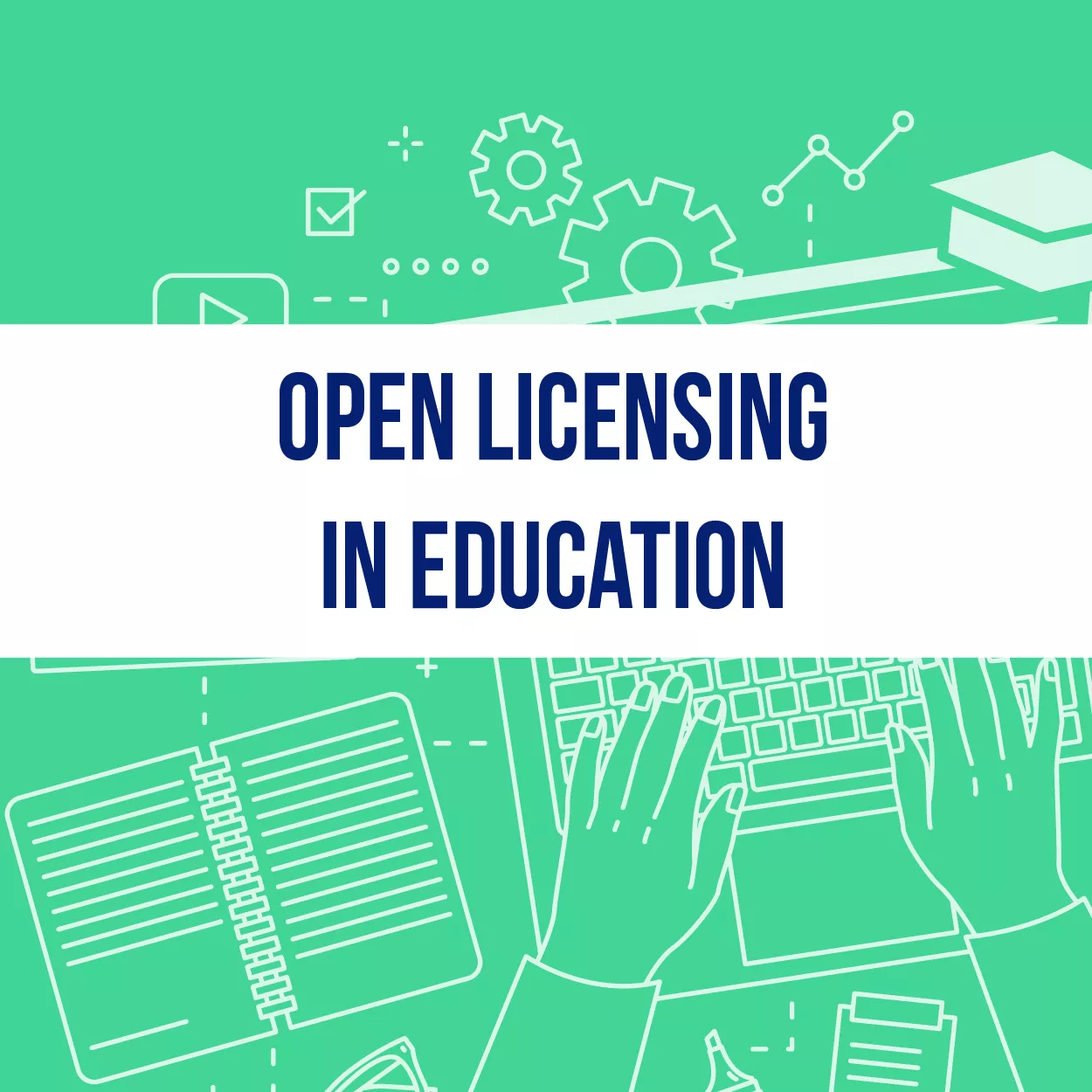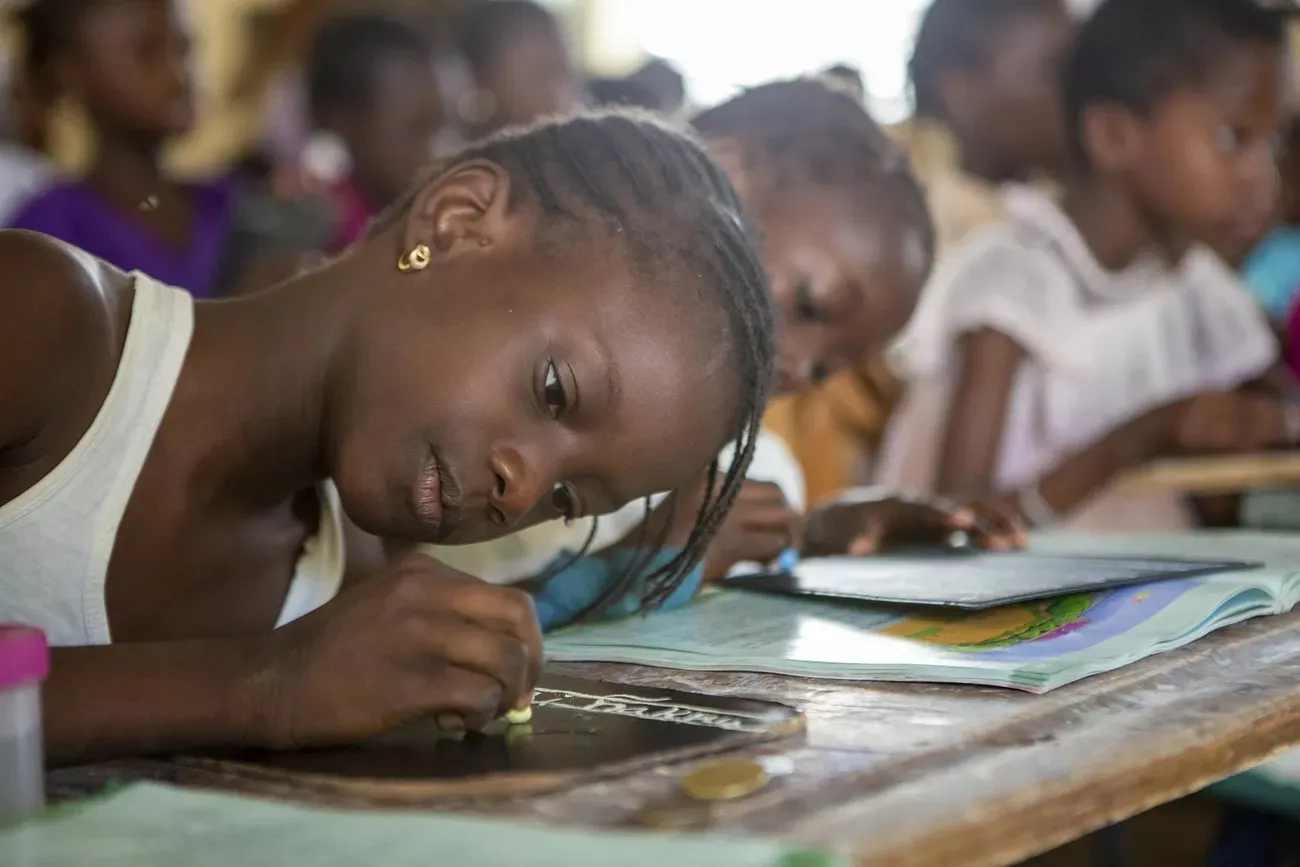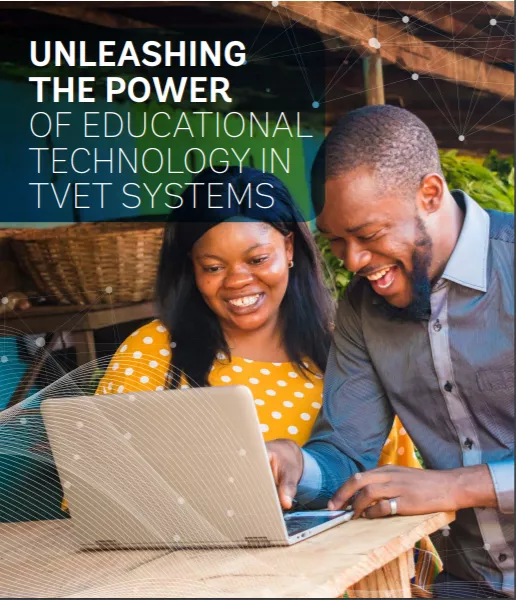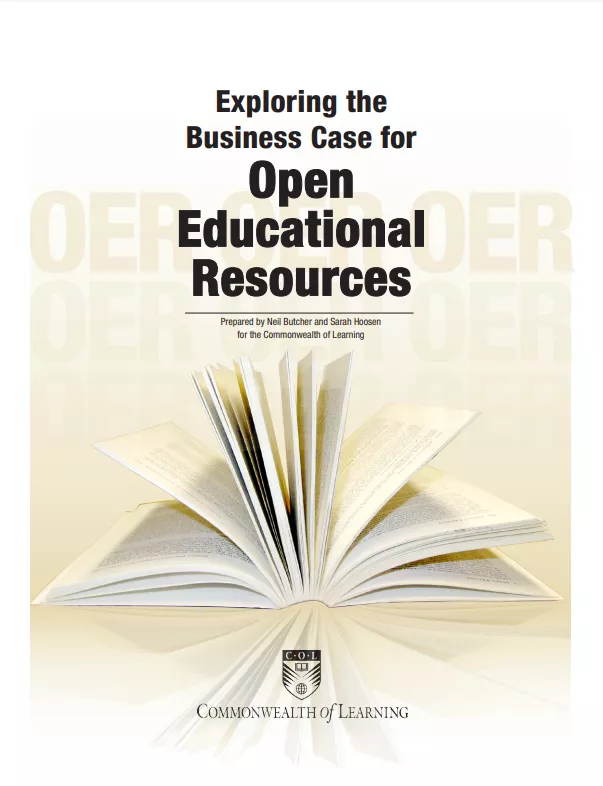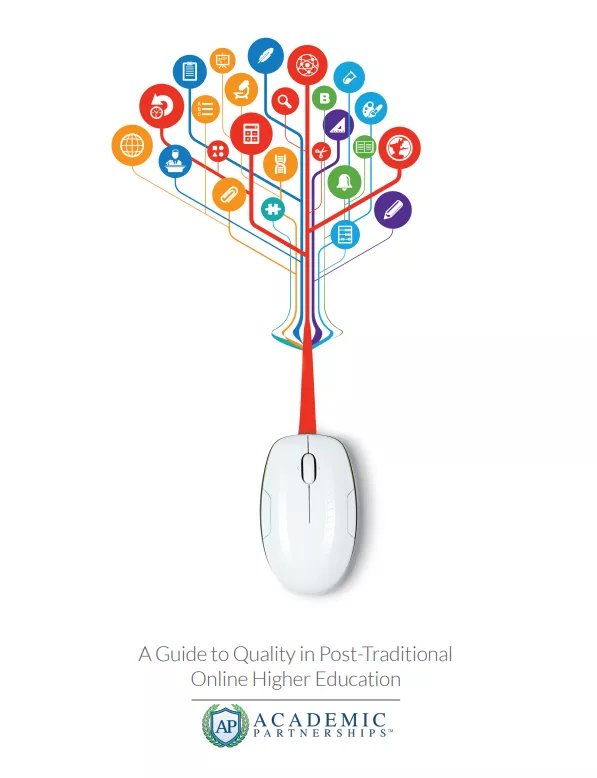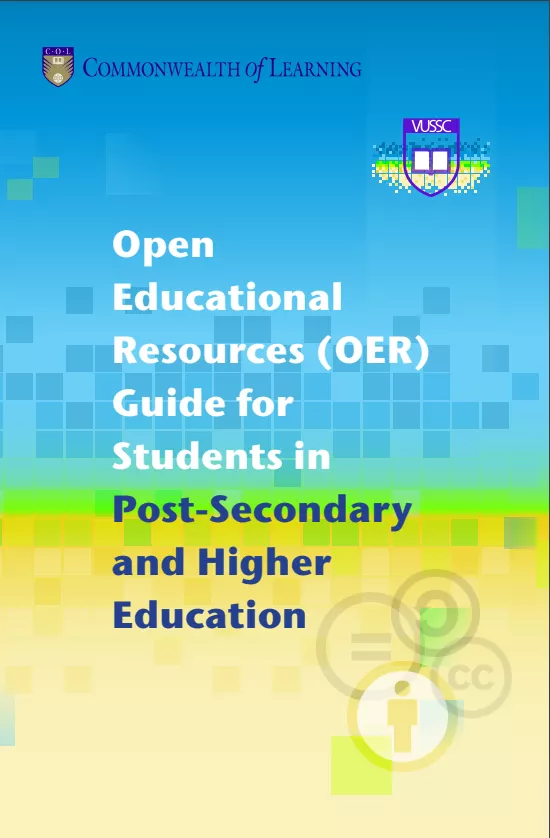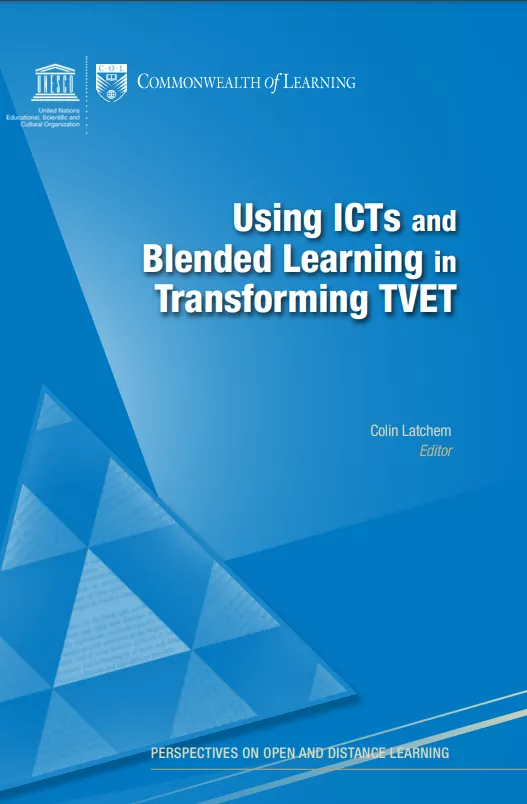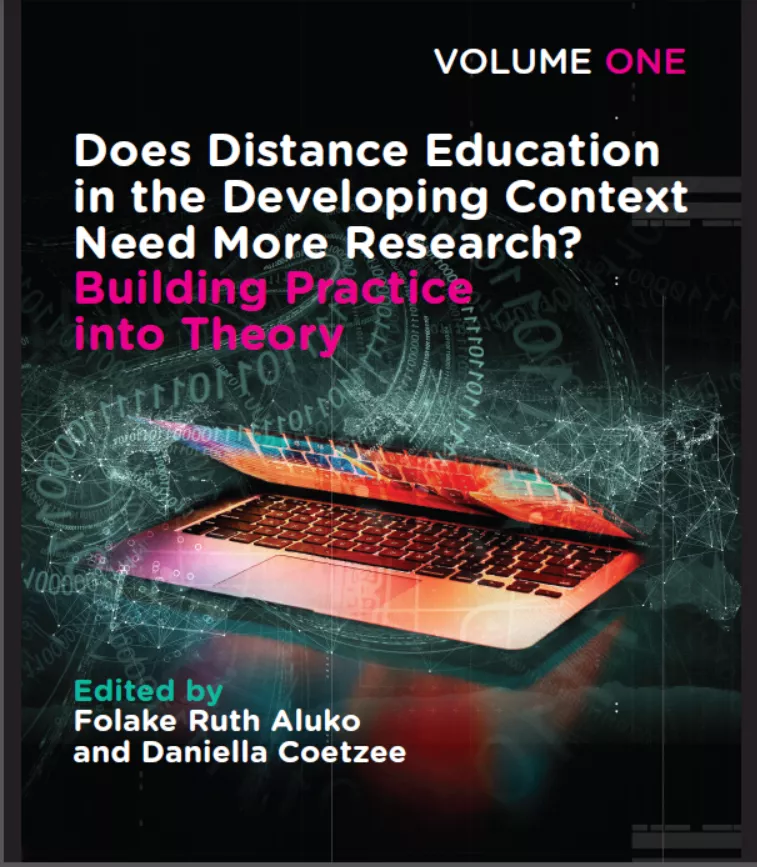
Chapter 13 - Measuring implementation of UNESCO’s OER Recommendation: A possible framework
Drawing on a comprehensive literature review of best practice in OER measurement, as well as experience of working with UNESCO to support implementation of the Recommendation, this chapter presents an initial framework for the measurement of the effectiveness of the OER Recommendation and proposes indicators that regions, countries, and/or institutions could adopt or adapt to rigorously measure both how OER is used and its effectiveness for improving learning.


